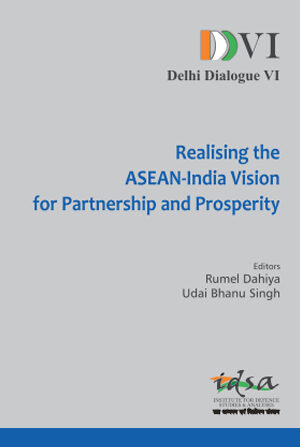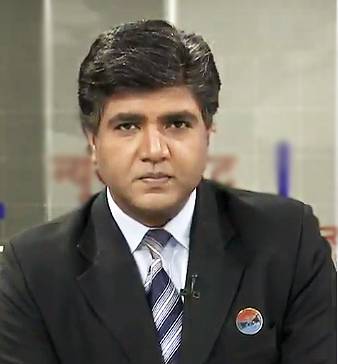Security and Foreign Policy Priorities of Australia’s New Labor Party Government
The new Labor Party government in Australia is likely to show continuity on AUKUS and Quad initiatives in the Indo-Pacific, while policy approaches on Pacific Islands and China, as also on climate change, may get a re-look.
- R.P. Singh
- June 15, 2022










